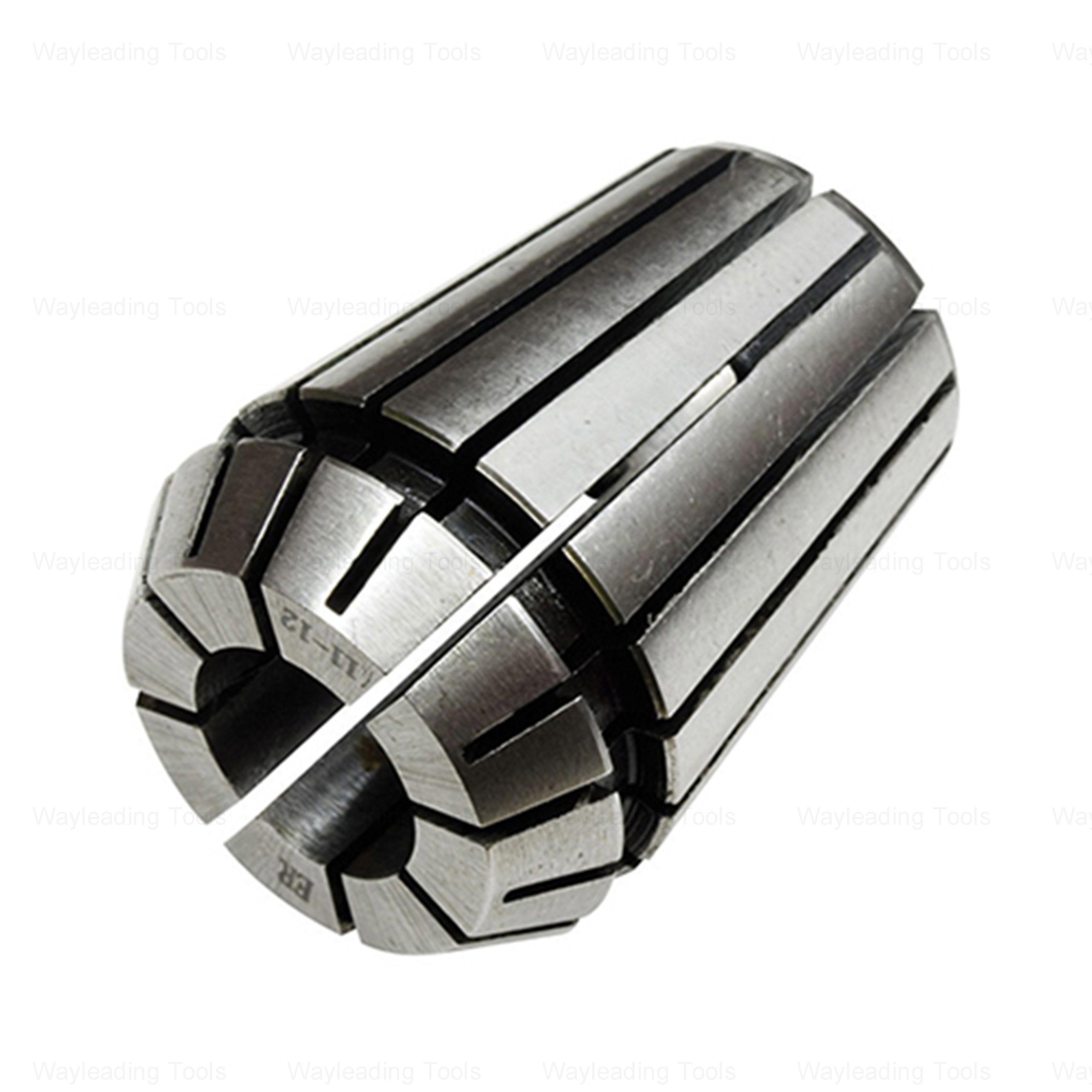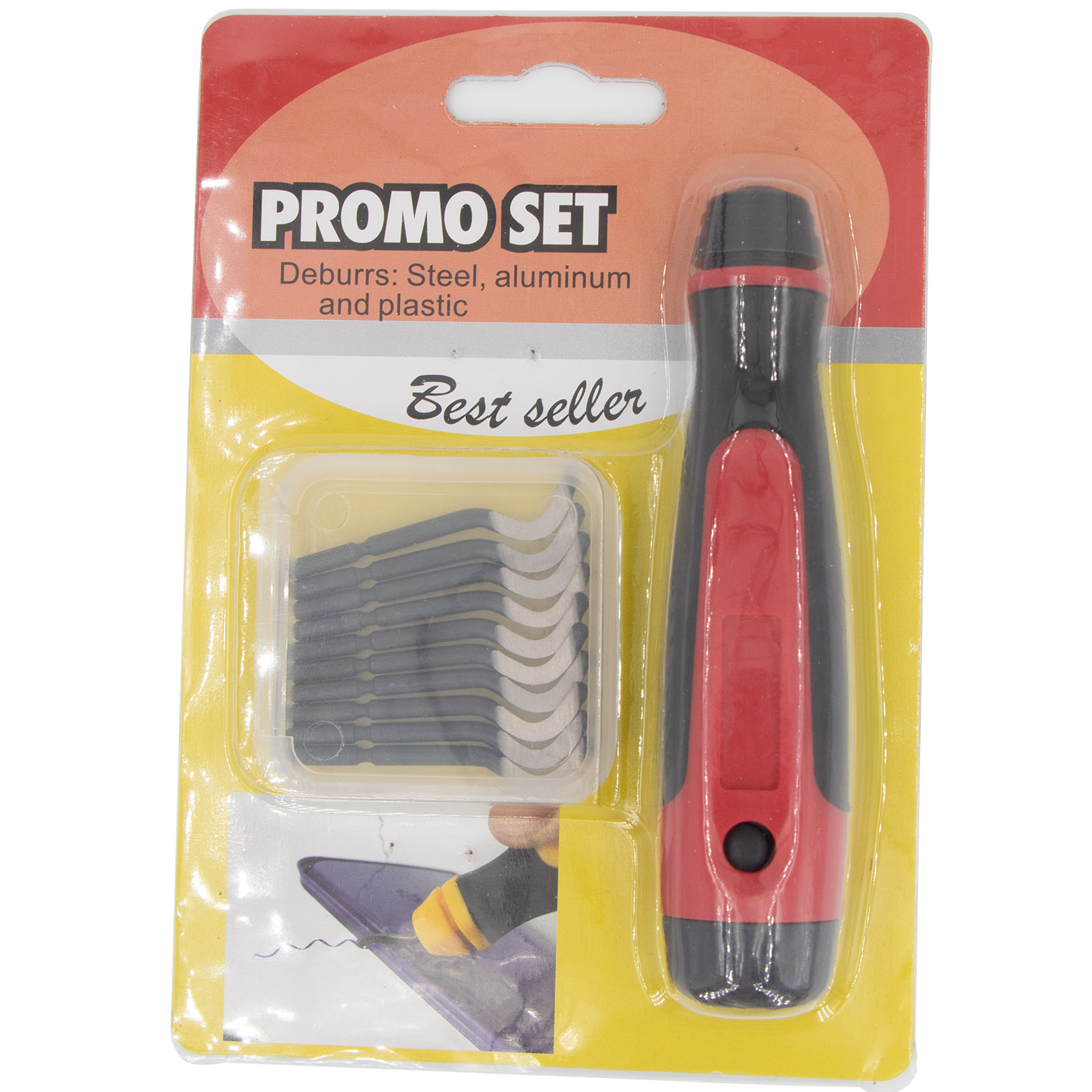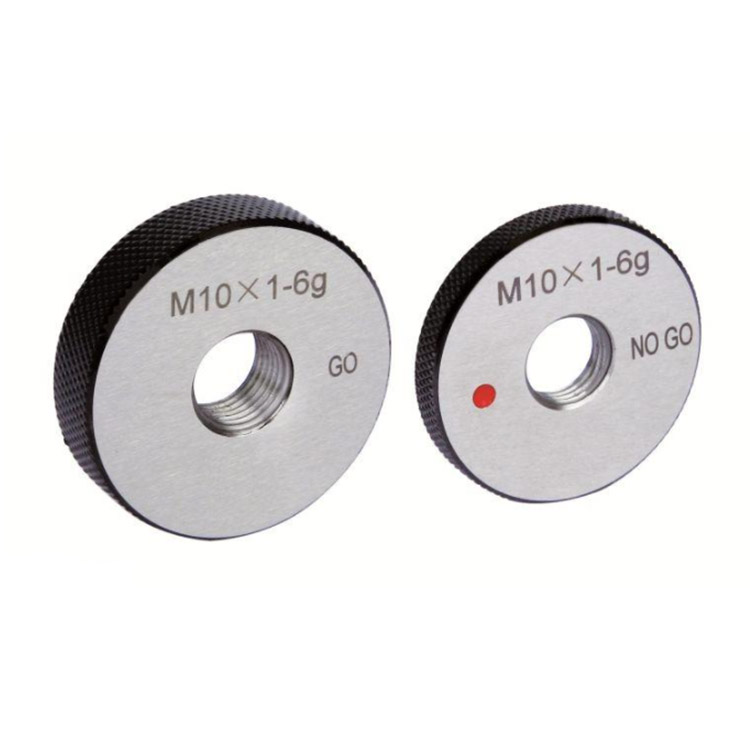Wholesale carbide center drill
Looking for a reliable source of wholesale carbide center drills? This guide explores everything you need to know, from understanding the different types and applications to choosing the right drill for your specific needs. We'll also cover factors like carbide grade, coating options, and how to find a reputable supplier for your business. Learn how to optimize your drilling processes and achieve superior results with high-quality wholesale carbide center drills.
Understanding Carbide Center Drills
Carbide center drills are essential tools in metalworking and machining. They are used to create a precise starting hole for subsequent drilling operations, ensuring accurate hole placement and preventing drill wandering. The 'center' aspect refers to the pilot hole created, while the 'carbide' component signifies the material's composition: a hard and durable compound made primarily of tungsten carbide.
What is a Center Drill?
A center drill is a two-ended cutting tool designed to create a conical indentation, sometimes referred to as a center hole. This serves as a guide for larger drills, providing stability and accuracy. They are typically shorter and more rigid than standard drill bits to minimize deflection.
Why Choose Carbide Center Drills?
Compared to high-speed steel (HSS) center drills, wholesale carbide center drills offer several advantages:
- Increased Hardness: Carbide is significantly harder than HSS, allowing it to cut through tougher materials like hardened steel, stainless steel, and cast iron.
- Improved Wear Resistance: Carbide maintains its cutting edge for longer periods, reducing the need for frequent replacements and saving you money in the long run.
- Higher Cutting Speeds: Carbide drills can operate at higher speeds and feeds, leading to faster cycle times and increased productivity.
- Superior Finish: Carbide center drills produce cleaner and more precise holes with minimal burr formation.
Types of Carbide Center Drills
There are several types of wholesale carbide center drills available, each designed for specific applications. Understanding these differences will help you select the right tool for your needs.
Combined Drill and Countersink
These are the most common type of center drill, featuring a short drill section followed by a countersink. They create both the pilot hole and the countersunk recess for screws or rivets in a single operation. They come in various angles, commonly 60 degrees, to match the corresponding countersunk fasteners.
Self-Centering Drills
Self-centering drills have a unique tip geometry that allows them to accurately locate the center of the workpiece without the need for pre-spotting. This makes them ideal for applications where precise hole placement is critical.
NC Spotting Drills
NC spotting drills (Numerical Control Spotting Drills) are designed for use in CNC machines. They are shorter and more rigid than combined drill and countersinks, providing improved stability and accuracy when spotting holes on numerically controlled machines.
Factors to Consider When Choosing Wholesale Carbide Center Drills
Selecting the right wholesale carbide center drill requires careful consideration of several factors:
Carbide Grade
The carbide grade refers to the specific composition and properties of the carbide material. Different grades offer varying levels of hardness, toughness, and wear resistance. Generally, finer-grain carbides are preferred for their superior edge retention and ability to produce a smoother finish.
Coating Options
Coatings can significantly enhance the performance and lifespan of wholesale carbide center drills. Common coating options include:
- Titanium Nitride (TiN): Offers increased hardness and wear resistance.
- Titanium Carbonitride (TiCN): Provides even greater hardness and wear resistance than TiN, as well as improved resistance to heat.
- Aluminum Titanium Nitride (AlTiN): Offers exceptional heat resistance and is ideal for high-speed machining of difficult-to-cut materials.
Size and Dimensions
Choose the appropriate size and dimensions of the center drill based on the size of the pilot hole you need to create and the diameter of the larger drill that will follow. Consult a drill size chart for proper sizing.
Shank Type
Center drills are available with various shank types, including straight shanks and threaded shanks. Choose a shank type that is compatible with your drill chuck or collet.
Applications of Carbide Center Drills
Wholesale carbide center drills find applications in a wide range of industries and machining operations:
- Metalworking: Creating pilot holes for drilling, tapping, and reaming.
- Automotive Manufacturing: Machining engine components, chassis parts, and other automotive components.
- Aerospace Industry: Drilling holes in aircraft structures and engine parts.
- Mold and Die Making: Creating precise holes in molds and dies.
Finding a Reputable Supplier
Sourcing high-quality wholesale carbide center drills from a reputable supplier is crucial to ensure reliable performance and long tool life. Here are some tips for finding the right supplier:
- Experience and Expertise: Choose a supplier with a proven track record and extensive knowledge of cutting tools. Wayleading Tools has been dedicated to provide best quality cutting tools for 10 years.
- Product Quality: Ensure the supplier offers carbide center drills made from high-quality materials and manufactured to exacting standards.
- Competitive Pricing: Compare prices from different suppliers to find the best value for your money.
- Customer Support: Look for a supplier that offers excellent customer support and technical assistance.
- Product Range: A wide product range shows this supplier have enough inventory and can meet your different demands.
Best Practices for Using Carbide Center Drills
To maximize the performance and lifespan of your wholesale carbide center drills, follow these best practices:
- Use Proper Speeds and Feeds: Consult a machining guide or the drill manufacturer's recommendations for optimal speeds and feeds based on the material you are drilling.
- Apply Coolant: Use an appropriate coolant to lubricate the cutting edge and remove heat, preventing premature wear and improving surface finish.
- Maintain Sharpness: Regularly inspect the cutting edge for wear and resharpen the drill as needed.
- Proper Storage: Store center drills in a safe and organized manner to prevent damage.
Troubleshooting Common Issues
Even with proper usage, you may encounter some common issues when using wholesale carbide center drills. Here are some troubleshooting tips:
- Drill Breakage: This can be caused by excessive speeds and feeds, improper coolant, or a worn-out drill. Reduce speeds and feeds, ensure adequate coolant flow, and replace the drill if necessary.
- Poor Surface Finish: This can be caused by dull drill, improper speeds and feeds, or incorrect coolant. Sharpen or replace the drill, adjust speeds and feeds, and ensure proper coolant is used.
- Drill Wandering: This can be caused by incorrect setup, insufficient clamping, or a dull drill. Ensure proper setup, securely clamp the workpiece, and replace the drill if necessary.
Conclusion
Investing in high-quality wholesale carbide center drills can significantly improve the efficiency and accuracy of your drilling operations. By understanding the different types of center drills, considering the factors outlined in this guide, and following best practices for usage, you can achieve superior results and maximize the lifespan of your tools. Whether you need combined drill and countersinks, self-centering drills, or NC spotting drills, choosing the right wholesale carbide center drill from a trusted supplier like Wayleading Tools will help you optimize your machining processes and achieve the highest quality results.
Related products
Related products
Best selling products
Best selling products-
 Inch HSS 1/2″ Reduce Shank Drill Bit For Metal Cutting Of High Precision
Inch HSS 1/2″ Reduce Shank Drill Bit For Metal Cutting Of High Precision -
 Precision V Block And Clamps Set With Heavy Duty
Precision V Block And Clamps Set With Heavy Duty -
 Metric ER Collets – High Precision, for Milling Applications
Metric ER Collets – High Precision, for Milling Applications -
 Precision Dial Test Indicator Holder For Industrial
Precision Dial Test Indicator Holder For Industrial -
 CNMG & CNMM Turning Insert For Indexable Turning Tool Holder
CNMG & CNMM Turning Insert For Indexable Turning Tool Holder -
 Dead Center For Morse Taper Shank
Dead Center For Morse Taper Shank -
 7pcs Carbide Turning Tool Set With Metric & Inch Size
7pcs Carbide Turning Tool Set With Metric & Inch Size -
 3 Flutes HSS Chamfering Countersink Drill bitl With 60 And 90 Degree
3 Flutes HSS Chamfering Countersink Drill bitl With 60 And 90 Degree -
 APKT Milling Insert For Indexable Milling Cutter
APKT Milling Insert For Indexable Milling Cutter -
 Precision Dial Caliper Of Double Shock-Proof For Industrial
Precision Dial Caliper Of Double Shock-Proof For Industrial -
 Type E Heavy Duty Deburring Tool Set With Deburring Holder And Deburring Blade
Type E Heavy Duty Deburring Tool Set With Deburring Holder And Deburring Blade -
 Type M Cone Tungsten Carbide Rotary Burr
Type M Cone Tungsten Carbide Rotary Burr











